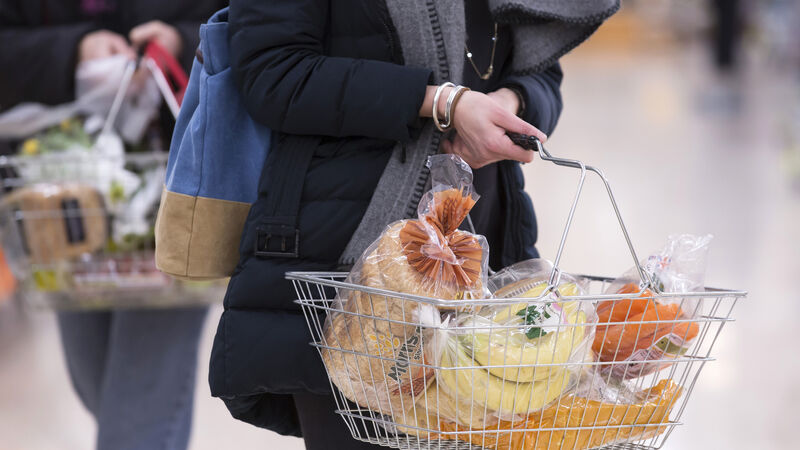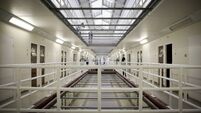British grocery price inflation spikes to 3.5% as Ukraine crisis bites

A British survey says prices have risen fastest for savoury snacks, fresh beef and cat food, but are falling in bacon, beer and lager, and spirits.
British grocery price inflation has risen 3.5% in recent weeks, the fastest pace for almost nine years, while overall consumer inflation in Germany accelerated to 5.5% in February, as the hike in energy costs amid the Russian invasion continued to bite.
Both readings point to worse news in the coming weeks for Irish households.














